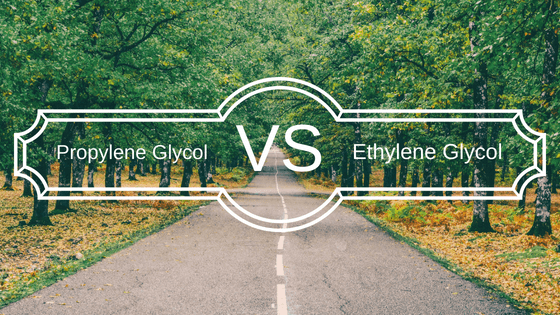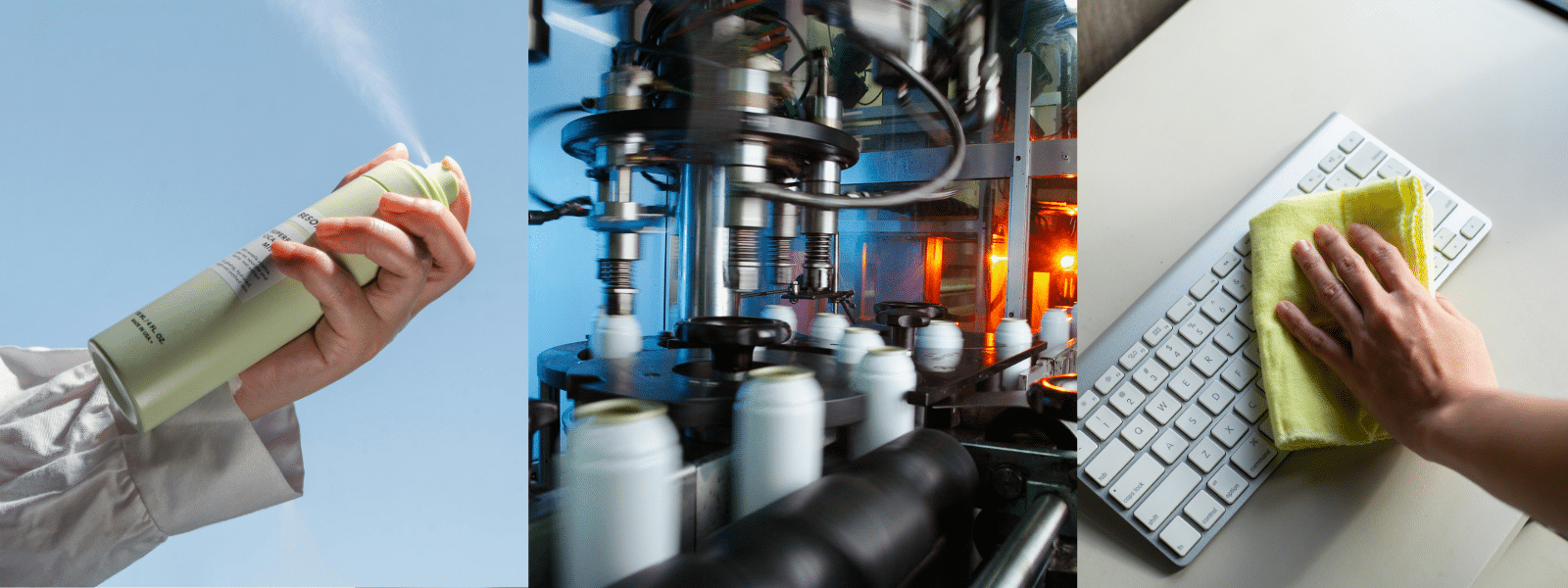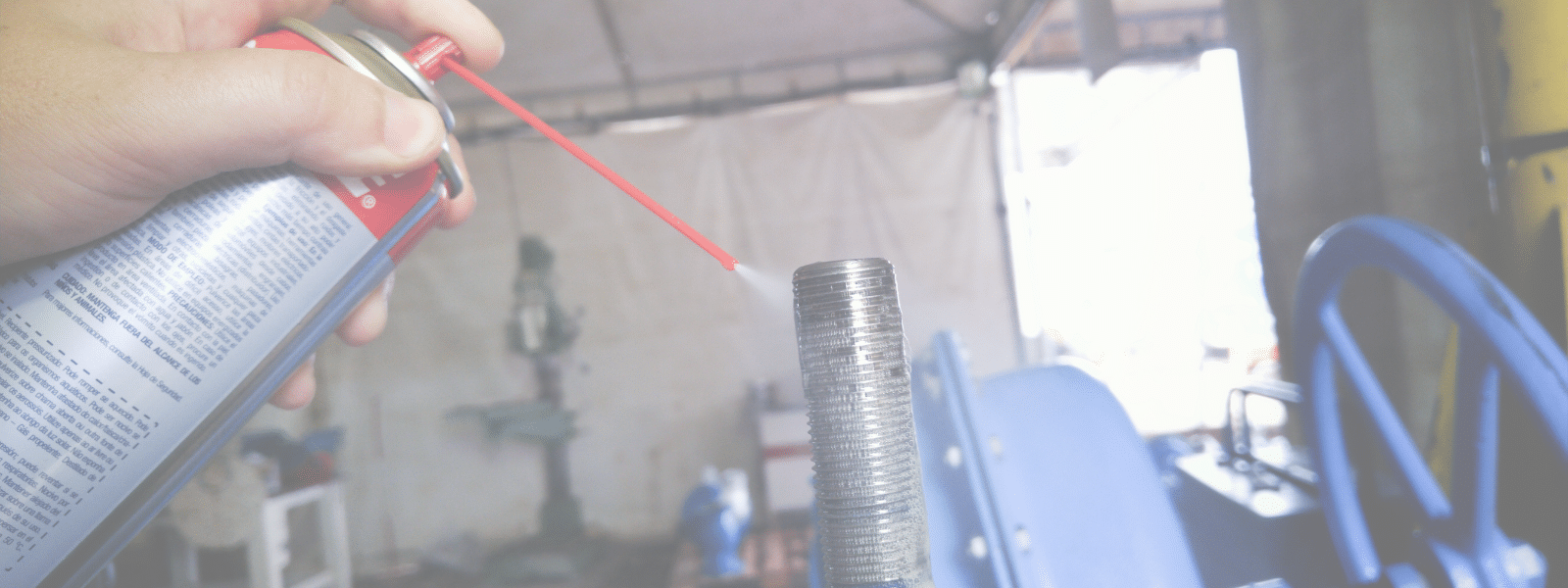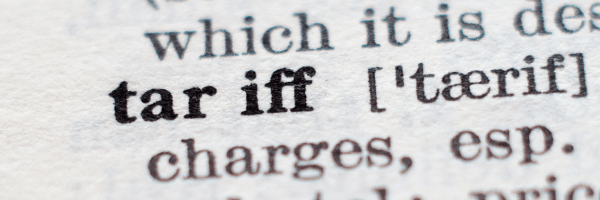[av_image src=’https://ecolink.com/wp-content/uploads/2018/08/YOU-ARE-SIMPLY-THE.png’ attachment=’13089′ attachment_size=’full’ align=’center’ styling=” hover=” link=” target=” caption=” font_size=” appearance=” overlay_opacity=’0.4′ overlay_color=’#000000′ overlay_text_color=’#ffffff’ copyright=” animation=’no-animation’ av_uid=’av-jky0w2r6′ admin_preview_bg=”][/av_image]
[av_textblock size=” font_color=” color=” av-medium-font-size=” av-small-font-size=” av-mini-font-size=” av_uid=’av-jkvk0wfl’ admin_preview_bg=”]
Propylene Glocol Vs Ethylene Glycol
Both products are two chemical compounds used as some low temperature heat transfer fluids. Both of them possess low vapor pressure, also they contain high boiling points and the ability to lower the freeze point of water. However, there are industries that like more a particular glycol than the other one.
What is propylene glycol?
It is a colorless, tasteless and odorless liquid that its main function is to absorb water. This product is safe for use in cosmetics with qualifications. Some of the industries that mostly used Propylene Glycol are: Chemical, Pharmaceutical and Food industries. An interesting fact about this particular product is that it can be used to create artificial smoke or fog used in firefighting or theatrical productions.
Other uses of Propylene Glycol:
- Commonly used to de-ice aircraft
- Main ingredient of e-liquid bottles for vaping
- Used in various edible items (ice cream, soda, liquid sweeteners and more)
- Used as a humectant for skin
- Used as a solvent for pharmaceutical formulations
- Used in veterinary medicine
What is ethylene glycol?
It is a colorless, and odorless liquid that has a sweet taste. It can be used as a raw material in the manufacture of polyester fibers and for antifreeze formulations. This chemical is commonly used in many industrial and commercial applications. Some of the benefits of using Ethylene Glycol is that helps keeping the car’s engine from freezing in the winter and acts as a coolant to reduce overheating in the summer. This product appears in many common household items such as a laundry detergent, dishwasher, cosmetics and paint.
Other uses of ethylene glycol:
- As a solvent for paint
- As a solvent for plastic
- As an ink for stamp pads
- As a solution for photographic developing
- As a hydraulic brake fluid
- Used as a dehydration agent in natural gas pipelines
Can I mix propylene glycol with ethylene glycol?
Yes, they can be mixed. They would not cause any harm to the cooling system, but it does slightly weaken the heat transfer.
Similarities of propylene glycol and ethylene glycol:
Both glycols can typically be expected to last twelve years longer. Both produce acids in the present of air.
Main differences between propylene glycol and ethylene glycol:
Between the two ethylene glycol is a better heat transfer fluid than propylene glycol. Propylene glycol is less toxic and is considered when toxicity is a concern. Ethylene glycol solutions are normally preferred over Propylene Glycol because of their more desirable physical properties particularly at lower temperature. However, in certain applications involving possible contact of the coolant with foods or beverages, it is recommended to use propylene glycol. Ethylene glycol solutions are normally considered as pumpable down to freezing points commonly encountered under ambient conditions. Propylene glycol solutions become considerably more viscous at low temperatures.
In summary both products (Propylene Glycol and Ethylene Glycol) have pros and cons for their use.
[/av_textblock]















